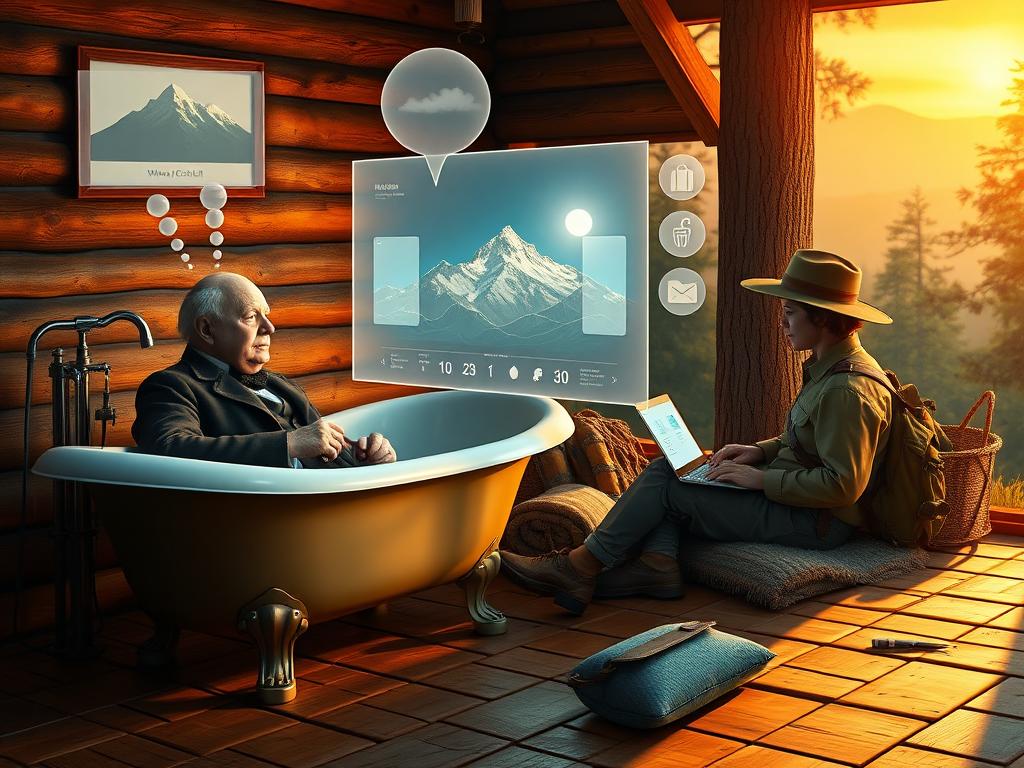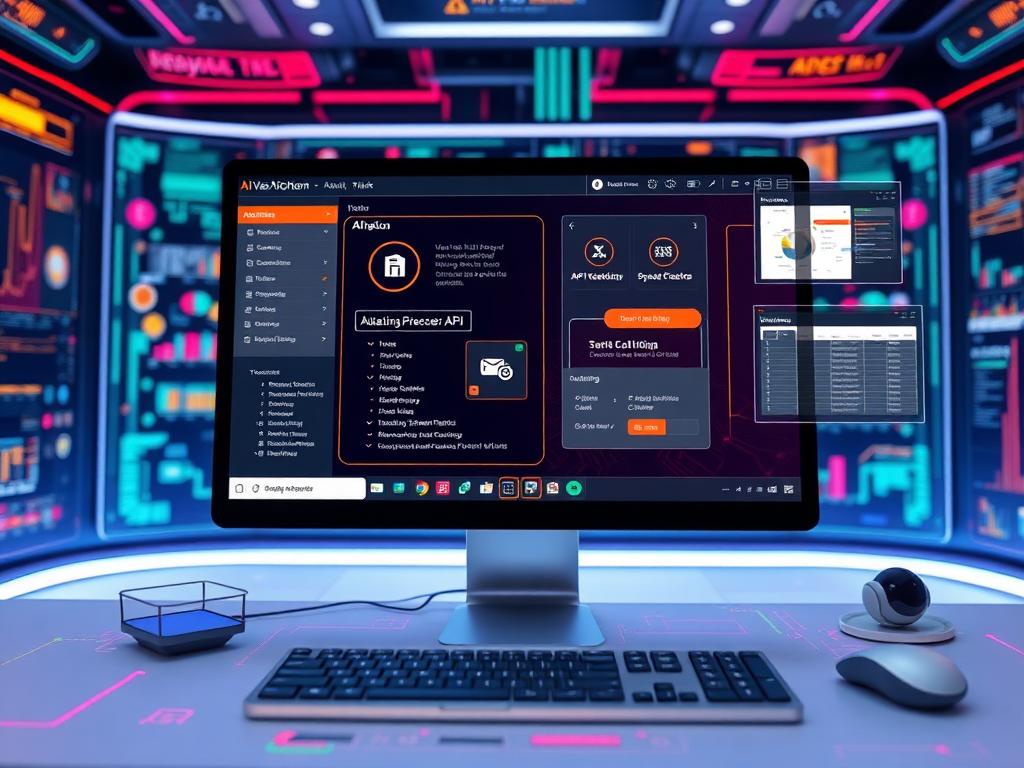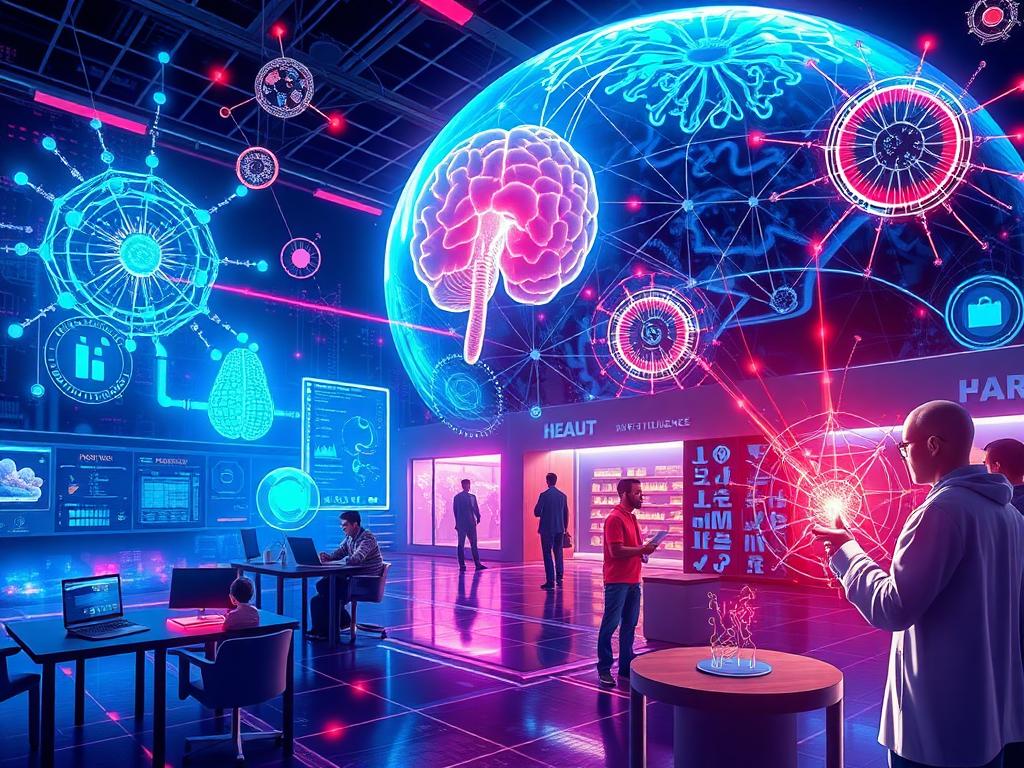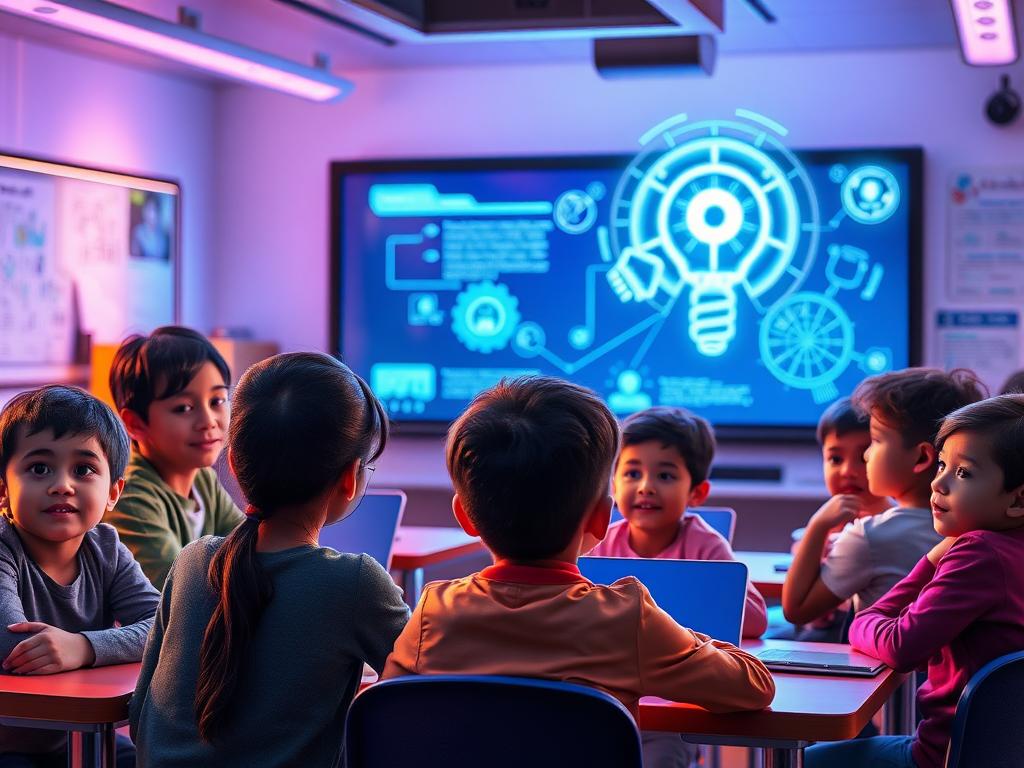
The Power of Play in Child Development
Explore the importance of unstructured play in child development and how thoughtful, research-based design can foster meaningful and joyful experiences for kids.
Think back to when you were a kid, free from the stress of adult responsibilities like work and bills. Remember those warm, joyful moments of play that brought pure happiness? For many of us, these memories are tied to unstructured play—those times when we were lost in imagination, building tiny cities out of moss and branches, or mastering a new skill through trial and error.
Unstructured play, or free play, is a vital part of childhood development. It fosters creativity, problem-solving, and emotional growth. Yet, in today’s fast-paced, technology-driven world, kids often miss out on these essential experiences. Packed schedules, structured activities, and screen time have replaced the freedom to explore and create.
The American Academy of Pediatrics emphasizes the importance of play, highlighting its role in intrinsic motivation and active engagement. When kids are immersed in play, they’re not doing it for external rewards—they’re driven by curiosity and the joy of creation. However, modern children spend less time outside than maximum security prisoners, and their free time is fragmented, making it difficult to engage in meaningful play.
Technology, while an integral part of life, often exacerbates this issue. Apps like Snapchat and products like the Play Impossible Game Ball use extrinsic motivation and addictive design to capture kids’ attention. These technologies can undermine the principles of play, focusing on engagement rather than development.
The solution lies in research-based design. Companies must prioritize kids’ developmental and emotional needs by creating products that encourage storytelling, self-expression, and creativity. Examples like Scratch, a free coding platform, and stop-motion animation tools demonstrate how technology can facilitate meaningful play when designed thoughtfully.
As adults, we have a responsibility to model balanced technology use and advocate for play-based experiences. Reflecting on our own childhood memories can inspire us to create opportunities for kids to engage in unstructured, joyful play. After all, play isn’t just for kids—it’s a formative experience that can enrich our lives at any age.


























































